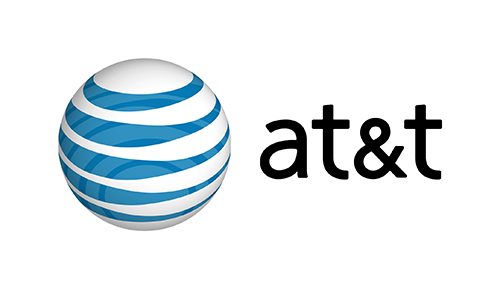Following its $48.5 billion acquisition of DirecTV, telecom giant AT&T is now telling federal regulators a pending combination of Time Warner Cable, Bright House Networks and Charter Communications will serve to decrease competition in the lucrative industry.
In an Oct. 13 letter to Federal Communications Commission Secretary Marlene Dortch, Henry Hultquist, the VP of federal regulatory for AT&T Services, wrote that while “AT&T does not oppose” the pending merger of its competitors, the FCC should “review the transaction carefully and consider the impact of cable consolidation and coordination on emerging competition.”
Last month Charter Communications shareholders approved the company’s $56 billion acquisition of Time Warner Cable, as well as a $10.4 billion purchase of Bright House Networks.
“The cable industry, as the merging parties concede, is marked by a lack of head-to-head competition,” Hultquist wrote to the FCC. “Cable companies have chosen not to compete and instead coordinate to gain shared advantages over rivals, which further industry consolidation will only facilitate. The reason is simple: as Charter CEO Tom Rutledge put it, following the proposed merger ‘(t]here will be less people to coordinate [with].’ Other cable executives have likewise signaled increased cable cooperation. Liberty Media Chairman John Malone noted ‘huge opportunities for inter-company cooperation to create ubiquity of offerings, ubiquity of branding, scale,’ which he expects to be ‘a very important future of the industry.'”
Hultquist also points out this consolidation wave comes amid disruptive over-the-top players like Netflix and Hulu aggressively winning market share – particularly with younger customers – from traditional cable companies. Hultquist also hit on the importance of mobile video to consumers and pointed out challenges and opportunities associated with Wi-Fi networks.
“The commission should ensure that the cable industry cannot impede the development of a consumer-friendly mobile video experience,” Hultquist said. “Because video consumes enormous bandwidth, a robust mobile video experience increasingly requires offloading video from scarce licensed spectrum to unlicensed frequencies. Five major cable operators (Bright House Networks, Cox, Cablevision, Time Warner Cable and Comcast) recently formed the Cable Wi-Fi Consortium to give their high-speed Internet customers exclusive access to each other’s Wi-Fi hot spots. The consortium’s over 400,000 hot spots give it unrivaled reach. Cable is not only excluding rivals from the consortium’s network, but also is trying to restrict competitors from serving mobile video customers using LTE-Unlicensed technologies in frequencies reserved for unlicensed use.”

